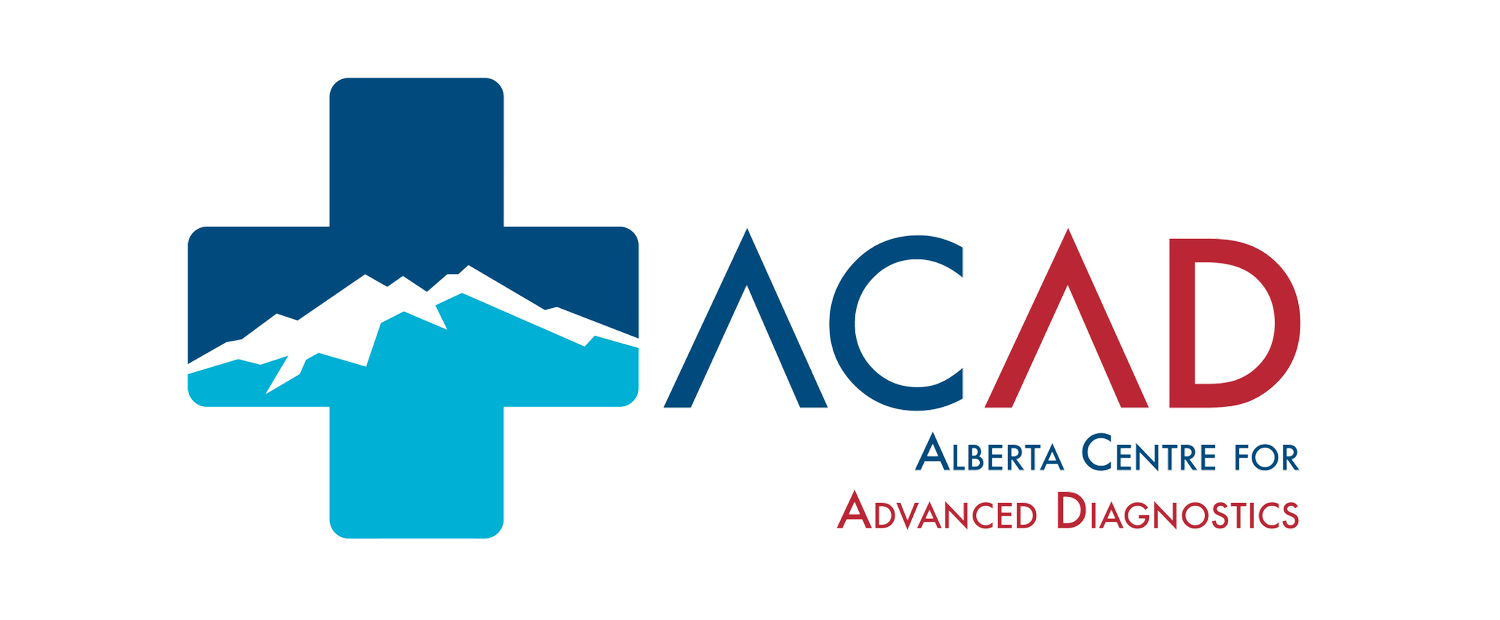Precision Infection Management

The Problem
The global rise in the prevalence of antibiotic resistant bacteria is a problem so serious that it threatens all modern medicine. We have already reached the point where half of the common bacteria that cause infections are resistant to our front-line drugs.
"Our vision is to extend the service life of our existing antibiotics and prolong human lifespans by leveraging the immense untapped data that are housed inside of microbes"
If left unchecked, many common infections will eventually become untreatable and Canadian life expectancies will drop by more than 20 years. One of the primary drivers of this problem is poor antibiotic stewardship, which results from solvable limitations in our current healthcare system.
One major factor contributing to the problem is the limited information available to clinicians regarding the risks posed by individual strains of pathogens. Microbes have a wide range of virulence profiles that directly affect the severity of infections. Managing clinical interventions according to these risks would enable the more judicious use of antibiotics, would reduce the time necessary to control serious infections, and would minimize antibiotic-associated treatment complications.
It is critical that we, as a society, act immediately to develop methods for controlling the spread of antimicrobial resistance and to implement practical strategies for limiting death and disability from common infections.

The Solution
To solve this problem, we have assembled an international team of infectious disease experts, microbiologists, database experts, and analytical chemistry experts to develop a new approach to treating infections.
Together, we are creating a new Precision Infection Management (PIM) strategy that will allow clinicians to precisely adjust clinical interventions according to the risks posed by each infection. Our team will generate the essential data, informatics, diagnostic tools, and clinical guidelines necessary for launching this PIM strategy.
Over the next four years, we will:
acquire comprehensive genomics, metabolomics, and proteomics profiles of >50,000 clinical isolates;
link patient records to these datasets;
launch ResistanceDB, an international resource for automated microbial classification and risk assessment;
develop a composite risk metric that quantifies the severity of infections based on patient condition and microbial risk;
develop treatment guidelines and assessment tools to facilitate clinical uptake;
and study the current state of infection management and identify the most effective PIM implementation.
This PIM strategy will help preserve the lifespan of our critical front-line antibiotics, while ensuring that dangerous infections are still treated aggressively and effectively. This initiative will drive significant and immediate improvements in health, without increasing costs to our healthcare system, and most importantly, it will save millions of lives over the coming decades.
Our Team
-

Dr. Ian Lewis
University of Calgary
-

Dr. Ashlee Earl
Broad Institute
-

Dr. Hallgrimur Benediktsson
Alberte Precision Labs
-

Dr. Yonatan Grad
Harvard T.H. Chan School of Public Health
-

Dr. Dan Gregson
Alberta Precision Labs
-

Bruce Walker
Broad Institute
-

Dr. Ethan MacDonald
University of Calgary
-

Dr. Sergei Noskov
University of Calgary
In Memoriam
Contact us:
Our Partners:











